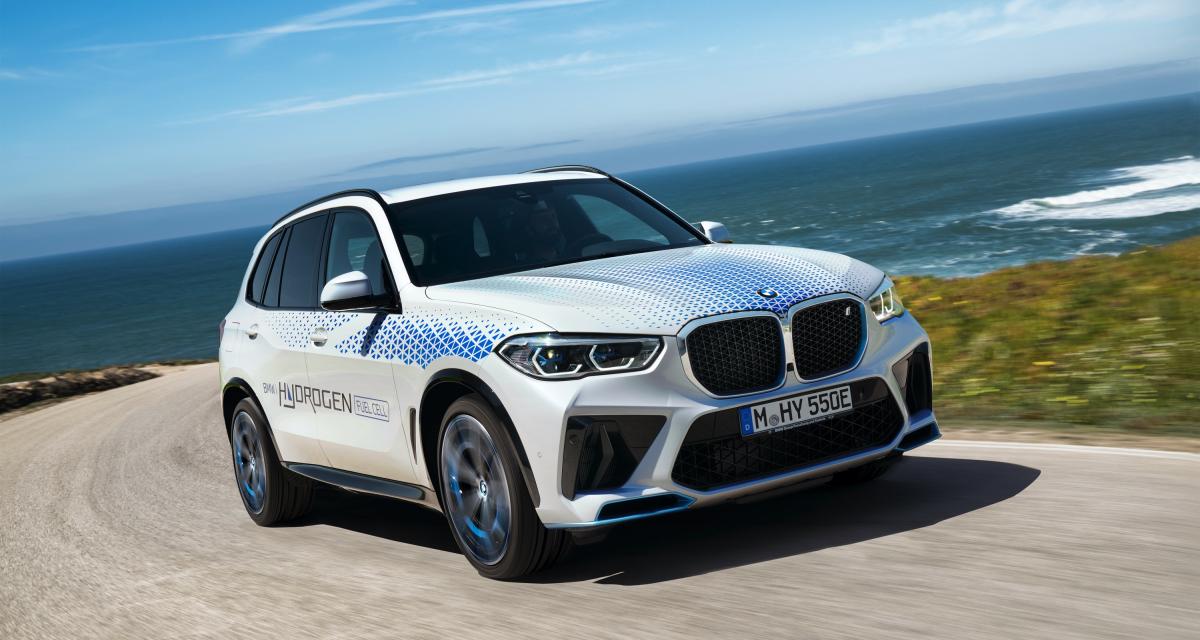BMW and Toyota: Hydrogen Cars – A Revolutionary Step Forward
Could hydrogen be the future of clean energy in the automotive industry? As the shift towards environmentally-friendly vehicles accelerates, BMW and Toyota have partnered to develop a hydrogen-powered car that could potentially surpass electric vehicles. This collaboration between two automotive giants signals a significant milestone in the quest for sustainable solutions. In this article, we delve into the details of this partnership, the challenges ahead, and the potential benefits of this groundbreaking technology.
A Strategic Partnership for Hydrogen
BMW and Toyota have been collaborating on automotive projects for several years, and hydrogen has become a key strategic priority. BMW recently announced its intention to launch a hydrogen-powered car in 2028, a direct result of this cooperation. Toyota, a pioneer in hydrogen technology with its flagship Mirai, brings invaluable expertise to the table. This partnership allows BMW to benefit from Toyota’s technical prowess .
Hydrogen: A Better Alternative to Electric Vehicles?
While electric vehicles have become the standard in the auto industry, hydrogen offers some key advantages over battery-powered cars. First, hydrogen vehicles offer greater range and can be refueled in just a few minutes, whereas electric cars require hours to fully recharge. Additionally, hydrogen could reduce the environmental impact associated with battery production, which has been criticized for its high ecological cost .
BMW emphasized that hydrogen technology offers greater flexibility, especially for long-distance trips and extreme climates where traditional batteries lose efficiency. As a clean energy source, hydrogen could significantly reduce the carbon footprint of vehicles, aligning with BMW’s commitment to meet global environmental goals .
BMW i Hydrogen NEXT: A Vision for the Future
Alongside this partnership, BMW has unveiled the BMW i Hydrogen NEXT prototype, showcasing the potential of hydrogen technology. Described as more efficient than electric vehicles, this model promises a comfortable driving experience with short refueling times and extended range. Slated for mass production, this car could redefine green mobility by integrating hydrogen power with cutting-edge technologies like autonomous driving and AI .
BMW aims to roll out its first hydrogen series models by 2028, and while there are still technological and infrastructure challenges, the company is confident that hydrogen will play a crucial role in future mobility .
Challenges and Opportunities
One of BMW’s biggest challenges will be the development of infrastructure for hydrogen vehicles. Unlike electric charging stations, which are rapidly expanding, hydrogen refueling stations are still sparse and concentrated in specific areas. For hydrogen to become viable on a large scale, significant investments in infrastructure will be required .
Moreover, for hydrogen to be truly sustainable, it must be produced from renewable sources. Currently, most hydrogen is derived from natural gas, a process that still emits considerable amounts of CO2. For hydrogen to achieve zero emissions, green hydrogen production, using electrolysis from renewable energy, needs to become the norm .
Conclusion: A Promising Future for Hydrogen
The partnership between BMW and Toyota in developing a hydrogen-powered car is a significant step forward in the race for clean energy. While challenges remain, this technology could become a viable alternative to electric vehicles, particularly for users seeking quick refueling and greater range. With a projected launch by 2028, the future of hydrogen technology looks bright, and the path ahead is full of promise.
